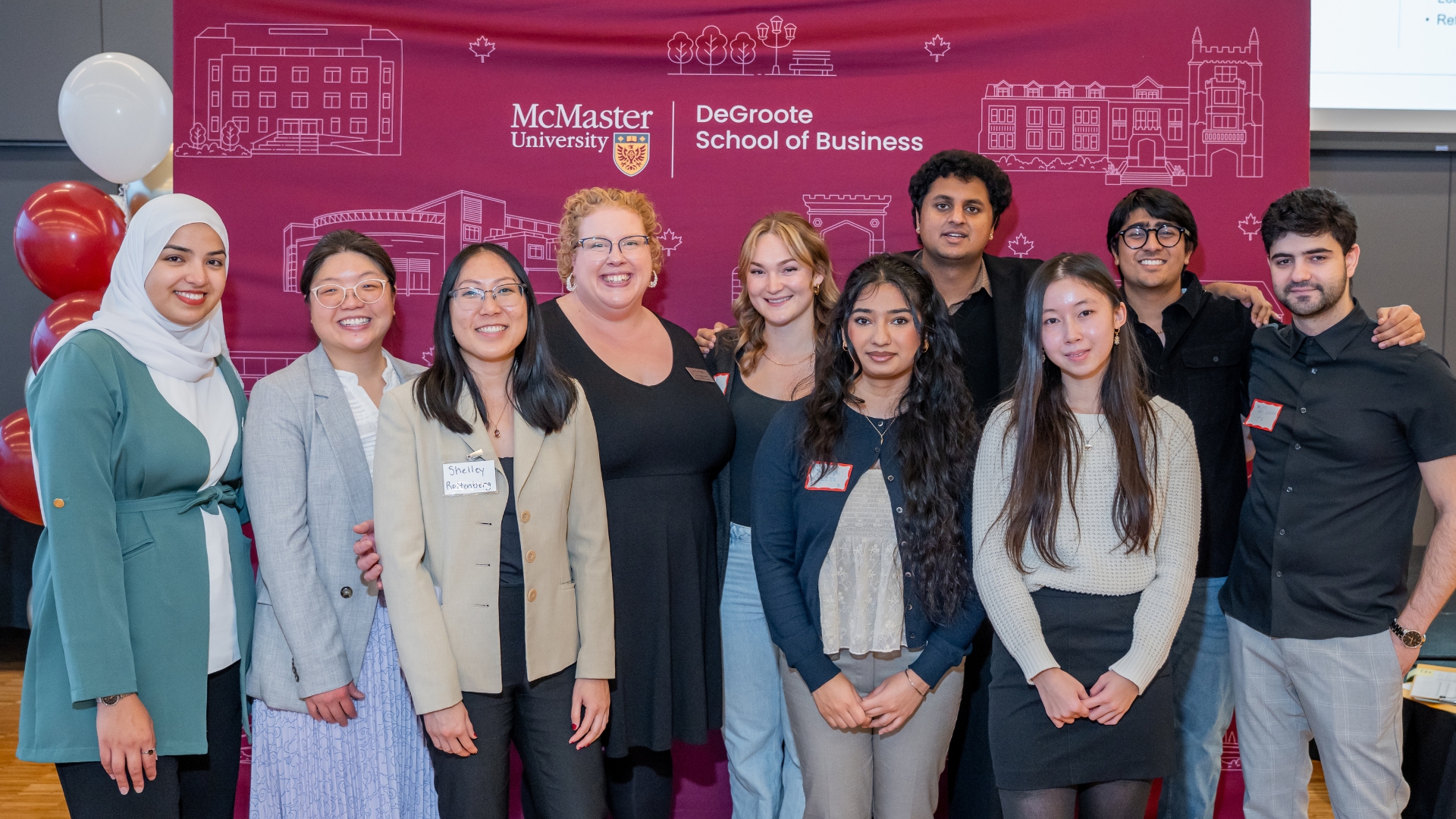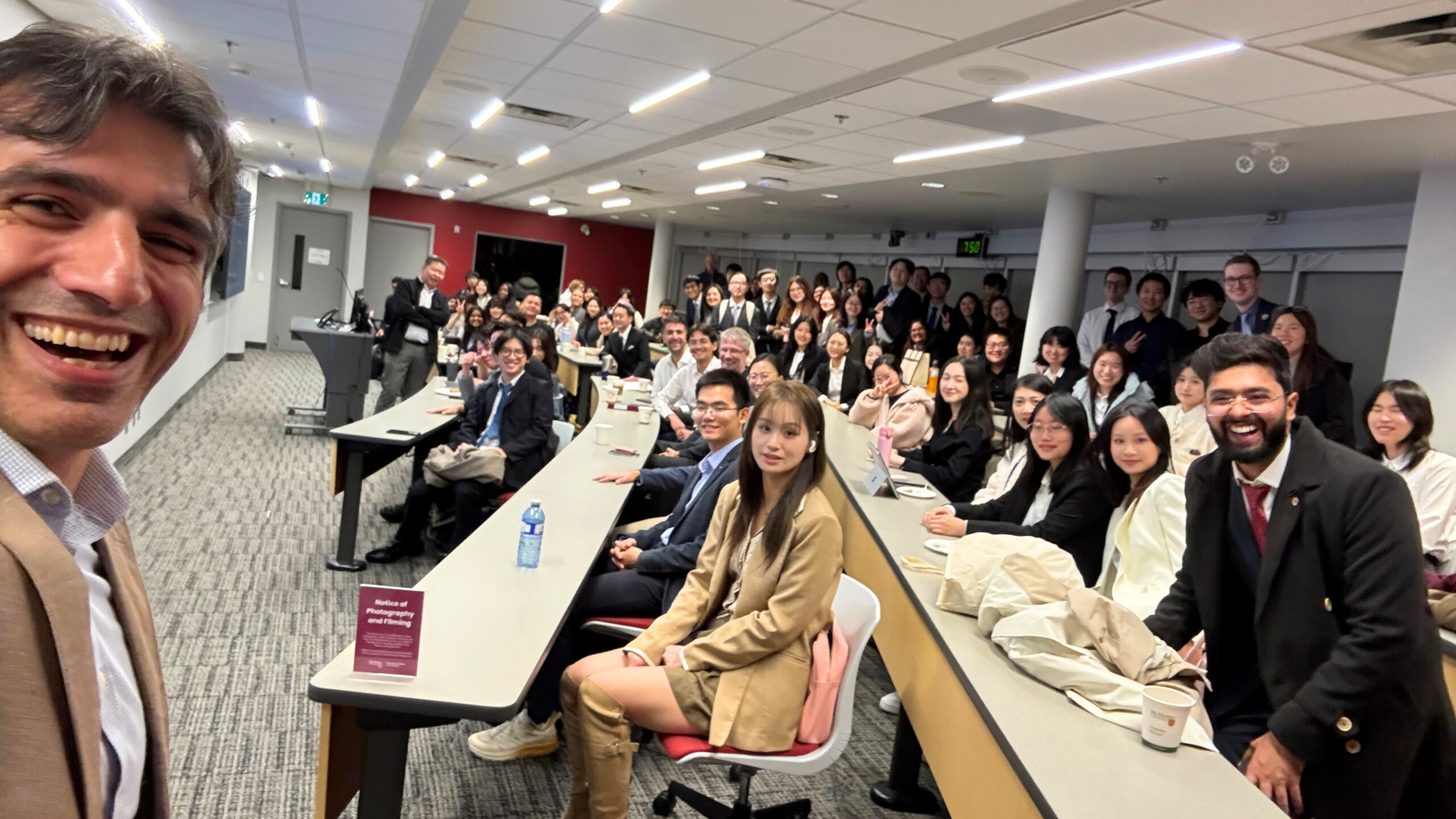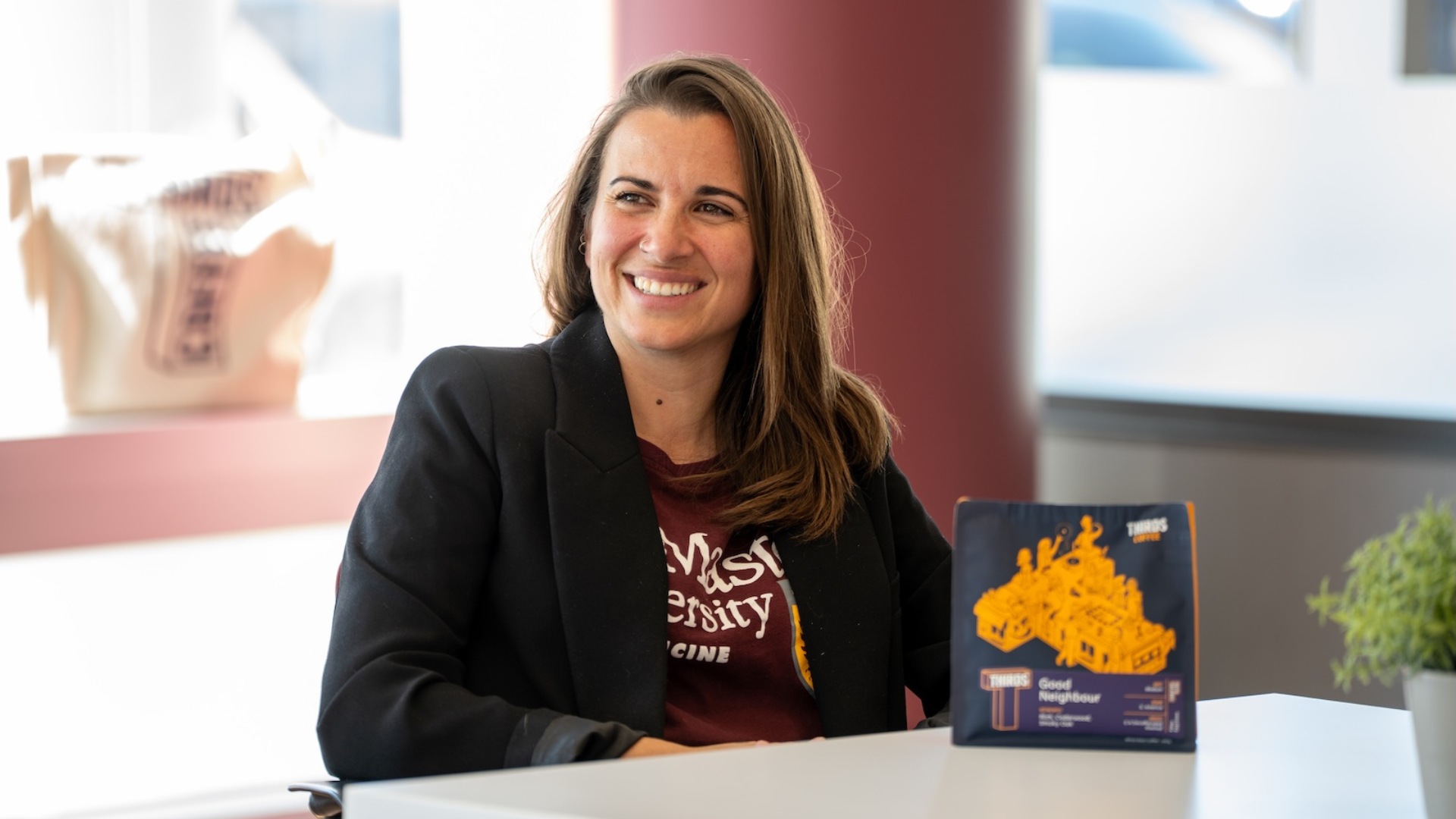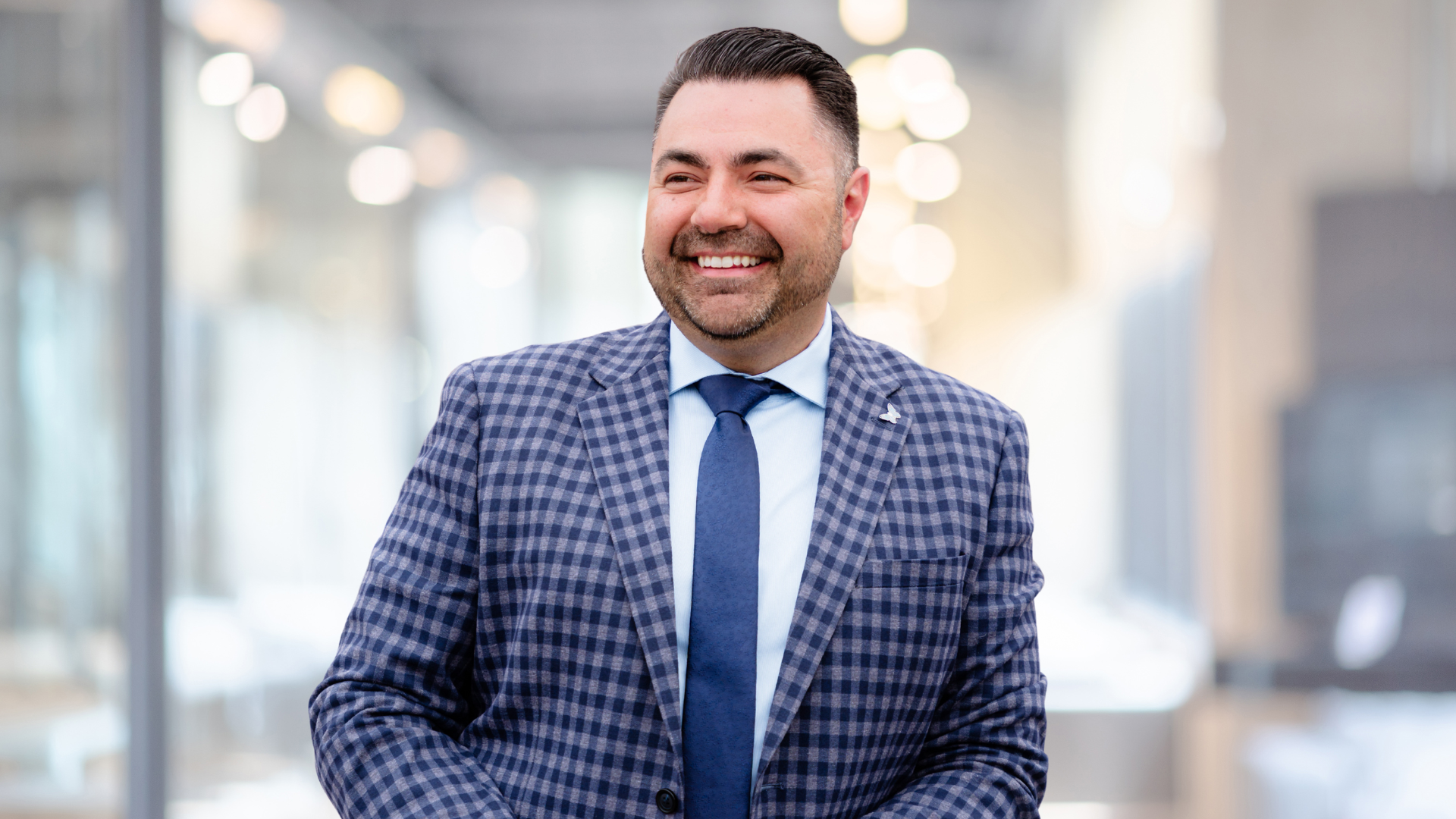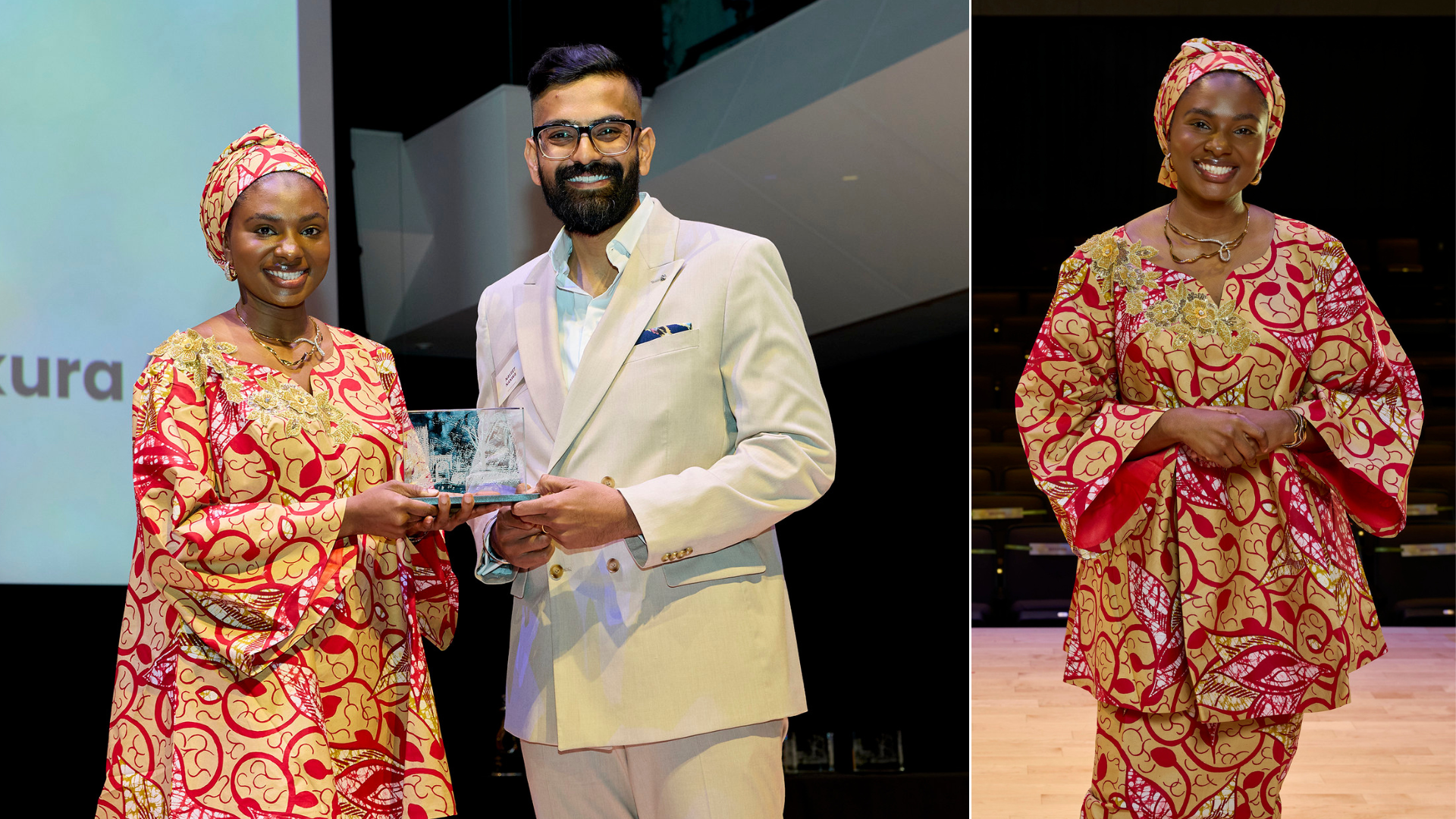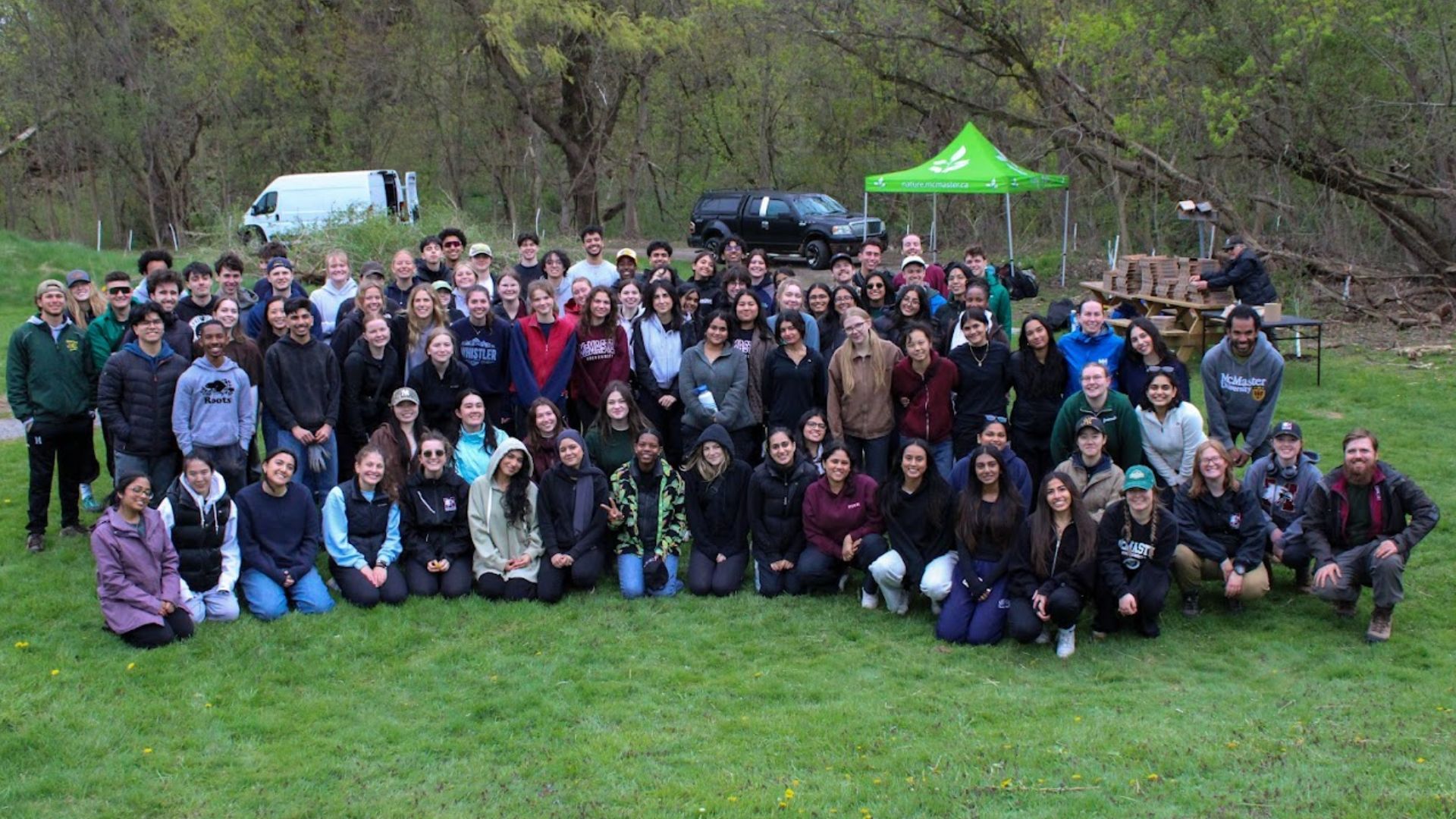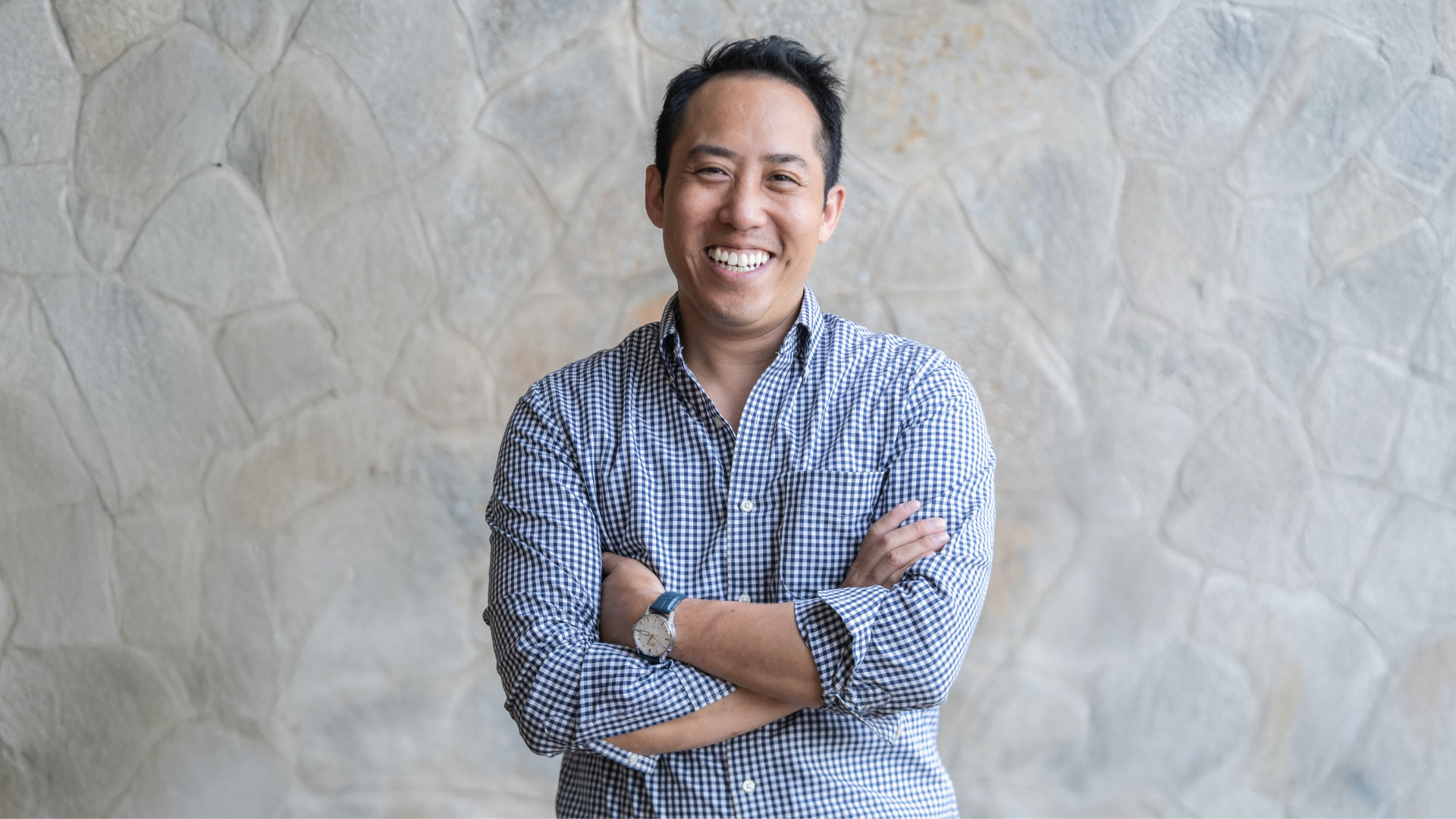ALUMNI STRATEGIC PLAN | INCLUSIVE EXCELLENCE STUDENT CLUB
Fatima Babakura on leading with curiosity and confidence
November 26, 2025 ·
Contributed by: Julienne Isaacs
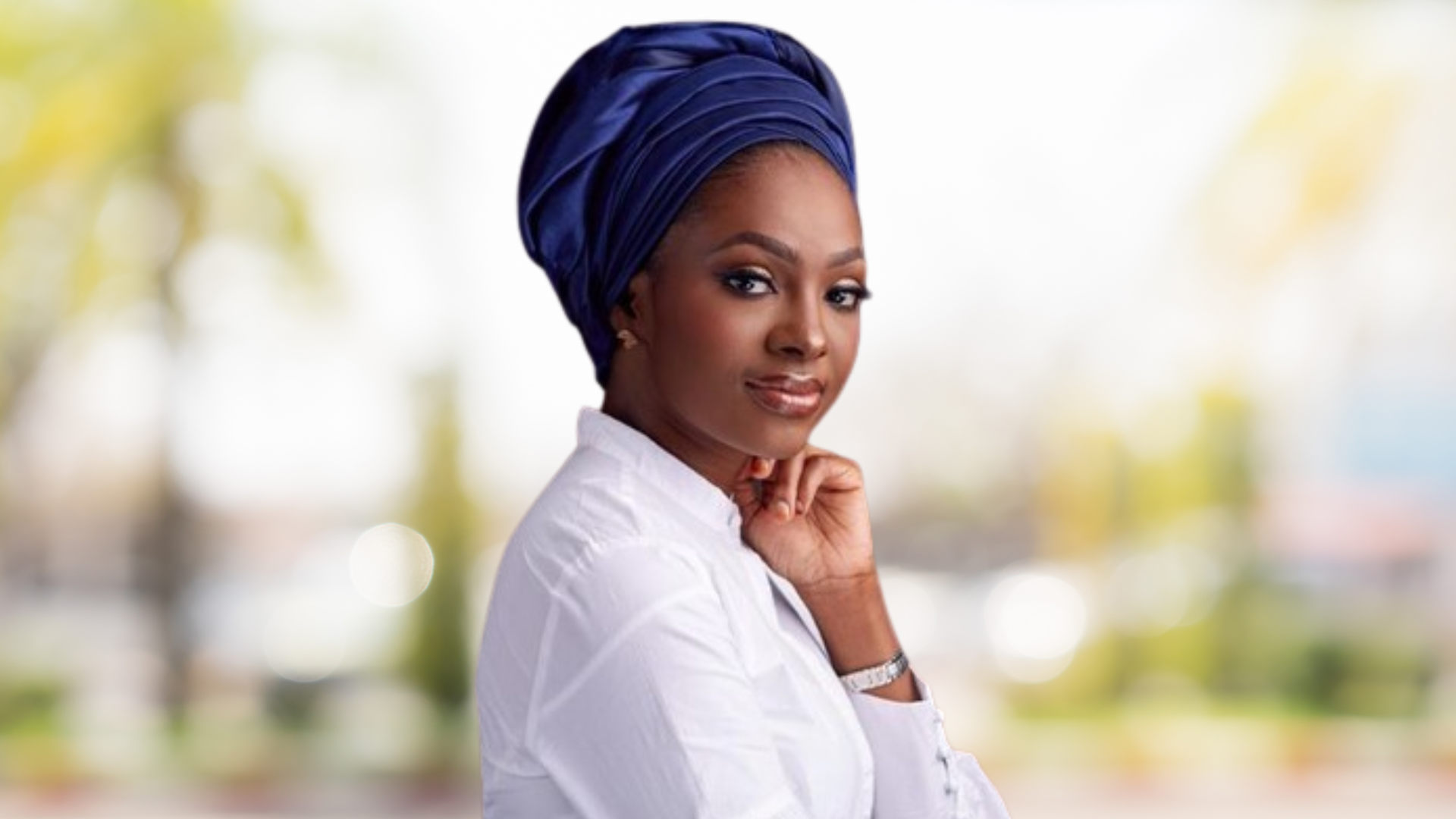
Fatima Babakura (BCom ’18) started luxury fashion brand Timabee at just 19, while studying accounting at the DeGroote School of Business at McMaster. Babakura has since founded the perfume company Yerwa Secrets.
In 2022, Babakura was named one of Forbes Africa 30 Under 30. In 2025, she won McMaster Alumni Association’s Arch Award, which recognizes recent graduates who have made significant contributions to their communities.
While Babakura’s reach in fashion and beauty is global, her perspective is firmly rooted in the local. Yerwa Secrets’ operations—and inspirations—can be found in the city of Gombe in northern Nigeria, and Babakura is committed to social entrepreneurship and inspiring women in her community to dream big.
Babakura recently sat down with DeGroote Women in Business’ Director of Finance, Joann Serrao, and Director of Advocacy, Varana Insanalli, to talk about her time at DeGroote and her journey as an entrepreneur.
We’ve highlighted excerpts from their conversation below. Watch the full interview on YouTube:
What drew you to McMaster and the DeGroote School of Business?
The decision to go to McMaster for me was an instinct. It wasn’t really a deep thought-out process. Something in me said, “Go to McMaster,” and I’m so glad that I did, because I have no regrets. I had a great time. My program was excellent. I loved my time there; I learned a lot.
What that tells me is that sometimes decisions are not really things that we need to think about deeply. I literally just went with what my heart told me to do. And I’m so glad I did.
You’ve mentioned previously that your time at DeGroote and McMaster played a big role in helping provide the confidence and the direction to make important decisions as an entrepreneur. What stands out to you most about your experience as a student?
A lot of the courses I took at McMaster, especially within the Commerce program, were very tailored to the practicality of life. The theoretical aspects did exist, but a lot of the courses were case based. And I truly believe that the best way to learn anything is through your own experience. One of my favourite courses was my entrepreneurship course. We would look at businesses, analyze them, see what worked, see what didn’t work.
We weren’t just looking at successful businesses—we were looking at failed businesses and why they failed. At some point we would have entrepreneurs come into class. That was very practical, because it was something that everyone could relate to. You’re literally seeing a human in front of you telling you how they’re running their businesses.
You started your brand Timabee at just 19. What inspired you to take the leap so early?
I’ve always been a curious person. For as long as I can remember, I’ve always loved business. Starting the business at 19 wasn’t something that I set out to do; it just happened. I like to say that it’s a business that was born out of my curiosity.
The initial sketch that became the handbag that started the brand was literally a birthday gift to a family friend. I was like, “You know what, I would love to see this come to life.” I took that curiosity and made it into a product, and then that became the business.
Sometimes businesses start with small ideas. You might not even be trying to solve a problem in the beginning, and then you realize people actually like this stuff. And then it transitions into a business. That’s my story with Timabee.
What were some of the biggest challenges you faced as a young woman entrepreneur?
I was young when I started the brand, and even when I decided it was going to be serious, I was still in university. Who was going to take a university student trying to get her commerce degree seriously? Not a lot of people. But again, I didn’t let that get to me: I focused heavily on the creative aspect of the business, as opposed to the business side.
I’m not saying everyone should do that, but for me, what mattered at the time was my creativity, not whether or not people took me seriously. I tried to get my brand into stores, and they would look at the brand lookbook, but I wouldn’t get into the store, simply because they thought that it was something I was doing for fun. It wasn’t a proper business in their minds. But I’m glad to say I proved them wrong.
What advice would you give to young women who are hesitant to pursue entrepreneurship due to systemic barriers or their own self-doubt?
Just start. Start with what you have, what’s available to you. Entrepreneurship is about action and not perfection.
Everyone wants things to be done the right way. You want to raise the right amount of money to start that business. Start with what you have, where you’re at, and just be creative as you go.
I come from northern Nigeria, and in northern Nigeria, women start businesses, but we’re not really public about these things. We’re a very conservative society. So sometimes, beyond just doing the business for myself, I think about the women in my community and how it would make them feel; it will make them feel empowered.
Think about the ripple effects, and that will propel you into not thinking too much about what barriers are out there. By the time you start, you realize that it’s actually not that hard to navigate a lot of the barriers.
I’m not saying there are no challenges. They’re there, and you’re going to encounter them, but you’ll find ways to get around them.
Could you share a pivotal moment in your business journey that shaped your leadership style or even your company’s direction?
What really stands out to me was when I made the cover of Forbes Africa magazine for the under 30 category in 2022. It put a spotlight on me, but more importantly, it showed every single young girl in my community that it was possible.
Excellence really is not location specific. You could start something in a little corner of the world and be recognized for it. That moment made me decide that I was going to be a leader, but a leader with impact. I wanted to do more than just my business—I wanted to make an impact in the world, especially in a community of younger women.
As a woman in leadership, what unique challenges have you faced, and how have you overcome them?
The entire world is patriarchal, but it’s even more evident here in Nigeria. Women are not taken as seriously as men. If you’re in a position of leadership, and you happen to work with a lot of men, they don’t take you seriously. They don’t want to take orders from you. They think that you’re emotional. Those are the challenges, but I’ve learned to be very firm in the way that I treat our business.
Yes, I’m a woman. Yes, I’m emotional. I have the ability to be those things, but I’m also a business leader who understands what it means to run a business and what it means to do business. From a business standpoint, I do know what I’m talking about, and you need to listen to me.
Do you have any mentors who have shaped your entrepreneurial journey? And how do you actively mentor or support others yourself?
Mentorship goes beyond formal mentorship. I like to think that I have mentors who I’ve never met before. I look up to Emma Grede. She’s a business leader who’s gone on to start many successful businesses that we all know. Victoria Beckham is another lady I’ve never met, but I’m intrigued by the way that she does business.
I also have formal mentors that I look up to. My mother is not a businessperson, but she started a business while she was taking care of us. That resilience, that zeal to want to do something, it’s something that inspired me to want to have my own business in a society that really teaches you to depend on a man.

